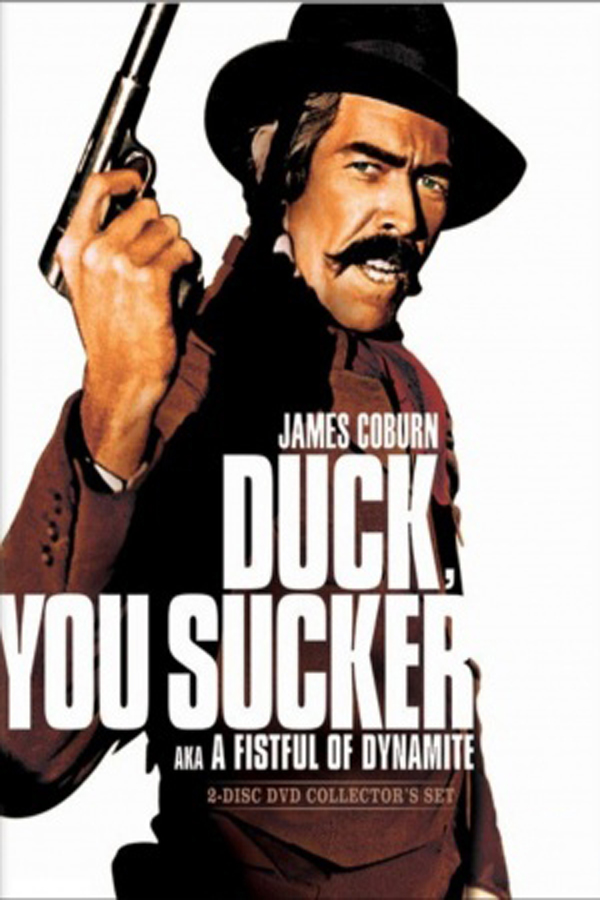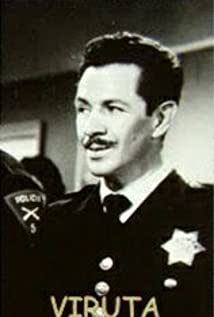Marco Antonio Campos
Marco Antonio Campos will forever be best remembered as the thin, serious half of the comedy duo Viruta and Capulina (with Gaspar Henaine as the chubby, silly half), but he was also an excellent musician, a gifted singer, and a capable screenwriter. Viruta (Campos) and Capulina (Henaine) achieved success and enduring popularity in the mid-1950s with their movies, TV shows, radio programs, and stage appearances. A decade later, they parted ways and Campos began a short-lived solo career as a supporting actor before retiring from show business.
Campos was born in Mexico City during the Mexican Revolution. He inherited his musical talent from his mother, Sara Contreras, who played piano and guitar and also had a beautiful voice. After his parents divorced, he and his mother moved to his maternal grandparents' home, where he discovered his lifelong love for books. When he was 18 years old, he decided to begin a career as an entertainer, took his guitar with him, and left home to work as a bar singer.
In 1938, Campos made his professional debut as a member of the musical quartet El Poker de la Armonía. From 1940 to 1942, he sang and played tropical music with the Trío Latino. He also performed on stage and in radio programs with the Trío Romanceros. He found his stage name when he expressed his desire to become a great dancer like Adalberto Martínez but his friends said he looked more like a woodchip ("viruta") than a coil spring ("resortes", Martínez's nickname).
In the early 1950s, Campos started a singing duo with a performer named Chamula. Viruta and Chamula recorded several humorous songs written by Chava Flores, but the comedy team did not last long because Chamula was a heavy drinker. It was shortly after that professional upset when Gaspar Henaine "Capulina" invited Campos to create a new duo for stage and radio. Before the decade was over, Viruta and Capulina were starring in their hit TV show Cómicos y canciones (1956) and had already released their first box-office success, Se los chupó la bruja (1958).
The next decade brought Viruta and Capulina even more fame. They began touring Latin America and continued making highly profitable movies for several production companies. Their screenplays were usually written by Jaime Salvador or Roberto Gómez Bolaños. Campos wrote the story of Cascabelito (1962), which Henaine thought was one of the duo's best movies. They also ventured into science fiction with Los astronautas (1964) and La edad de piedra (1964). However, their joint career was waning and Dos pintores pintorescos (1967) was their last movie.
Henaine chose to embark on a new career without Campos and began producing his own movies. Now alone, Campos reinvented himself as a television host and a reliable supporting actor. He enjoyed playing the character roles of his post-Viruta and Capulina career but eventually retired before the end of the decade to spend more time with his beloved wife and mother. His favorite pastimes included writing, music, painting, and sculpturing. At the time of his death, he was planning the publication of his two-volume autobiography, "Memorias de un trovador".

